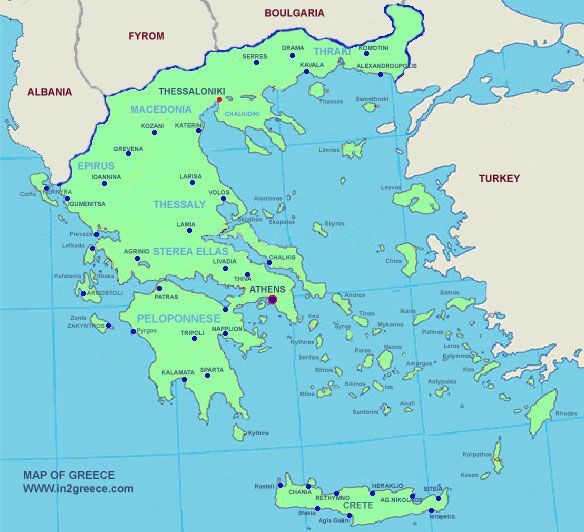|
Athens had struggled under a disastrous 30 year civil war with the Peloponnese
around 400BC when Athens was reduced from being the leading city state
in Greece to complete subjugation to the rule of Sparta which ended the
Golden Age of Greece; Athens was, at the same time (429BC) hit with the
plague which lasted for three years. The Athenians had retreated for safety
to within the walls of Athens which resulted in great overcrowding leading
to a rapid spread of the disease. Two thirds of the population died and
it was said the sight of all the burning funeral pyres stopped the Spartans
from entering the city. The plague had arrived from Ethiopia through Egypt
and Libya. The plague was described by Thucydides in his History of the
Peleponnesian War. He witnessed it and even caught the plague but survived.
Such survivors had immunity to this highly contagious disease so ended
up tending the sick and burning the bodies. As in the great plague pandemic
“The Black Death” in the 14th century there was a complete breakdown
of laws and morals because people did not think they would live long enough
to be punished for it. All sorts of theories for the cause of the disease
have been advanced but a likely candidate is an ebola-like disease which
has equally caused devastation in recent years in West Africa; and as
I write, the world is witnessing a devastating Coronavirus pandemic from
Covid-19..
|


